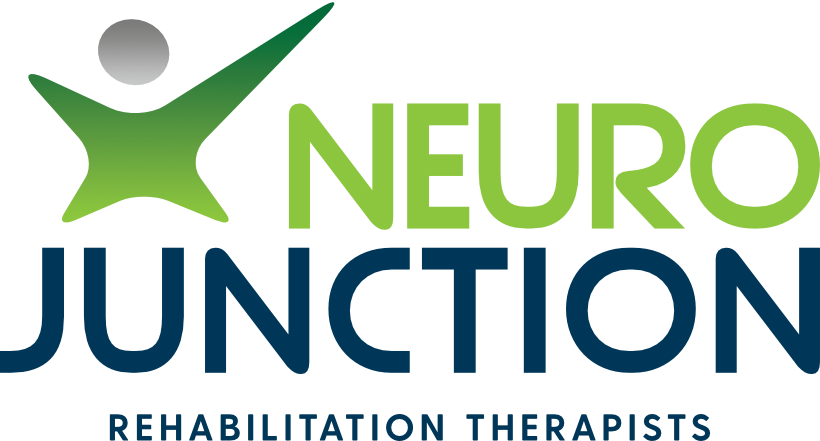Unilateral Spatial Neglect
What is unilateral Spatial Neglect?
Otherwise known as ‘visual inattention or neglect’, ‘hemi spatial inattention or neglect’
Unilateral spatial neglect is a condition that occurs in approximately 27% of people after stroke. It is more common in those who have sustained a right sided brain injury. It is the failure to attend to stimuli on the opposite side of the brain lesion. The person is often unaware it is present.
Figure depicts an example of Visual Unilateral Spatial Neglect
Examples of unilateral spatial neglect
Reduced awareness of personal space - for example:
neglects a limb
only washes one side of face eats food on one side of plate
difficulty reading, bumping into objects. poor orientation
risk when crossing road
Reduced senses - for example:
visual - reduced awareness when looking at a picture and only notices one side of a picture
sensation - doesn’t feel one side of their body
auditory - doesn’t attend to sounds coming from one side
How we can help
Our occupational therapists and physiotherapists can assist you by providing a comprehensive assessment of vision, sensation and function to identify this impairment.
We can then help you by designing an individually tailored program to re-train your brain and teach compensatory strategies, to improve your function and safety in your home and community.
References
Gammeri, R, Iacono, C, Ricci, R and Salatino, A 2020, ‘Unilateral Spatial Neglect After Stroke: Current Insights’, Neuropsychiatric Disease and Treatment, vol. 16, no. 1, pp. 131-152, https://www.ncbi.nlm.nih.gov/pmc/articles/PMC6959493/#:~:text=Unilateral%20spatial%20neglect%20(USN)%20is,prognostic%20factor%20of%20functional%20recovery.
Menon, A, Petzold, A, Kim, A, Ogourtsova, T, McDermott, A and Korner-Bitensky, N 2015, ‘Unilateral Spatial Neglect’, Stroke Engine, https://strokengine.ca/en/consequences/unilateral-spatial-neglect/

